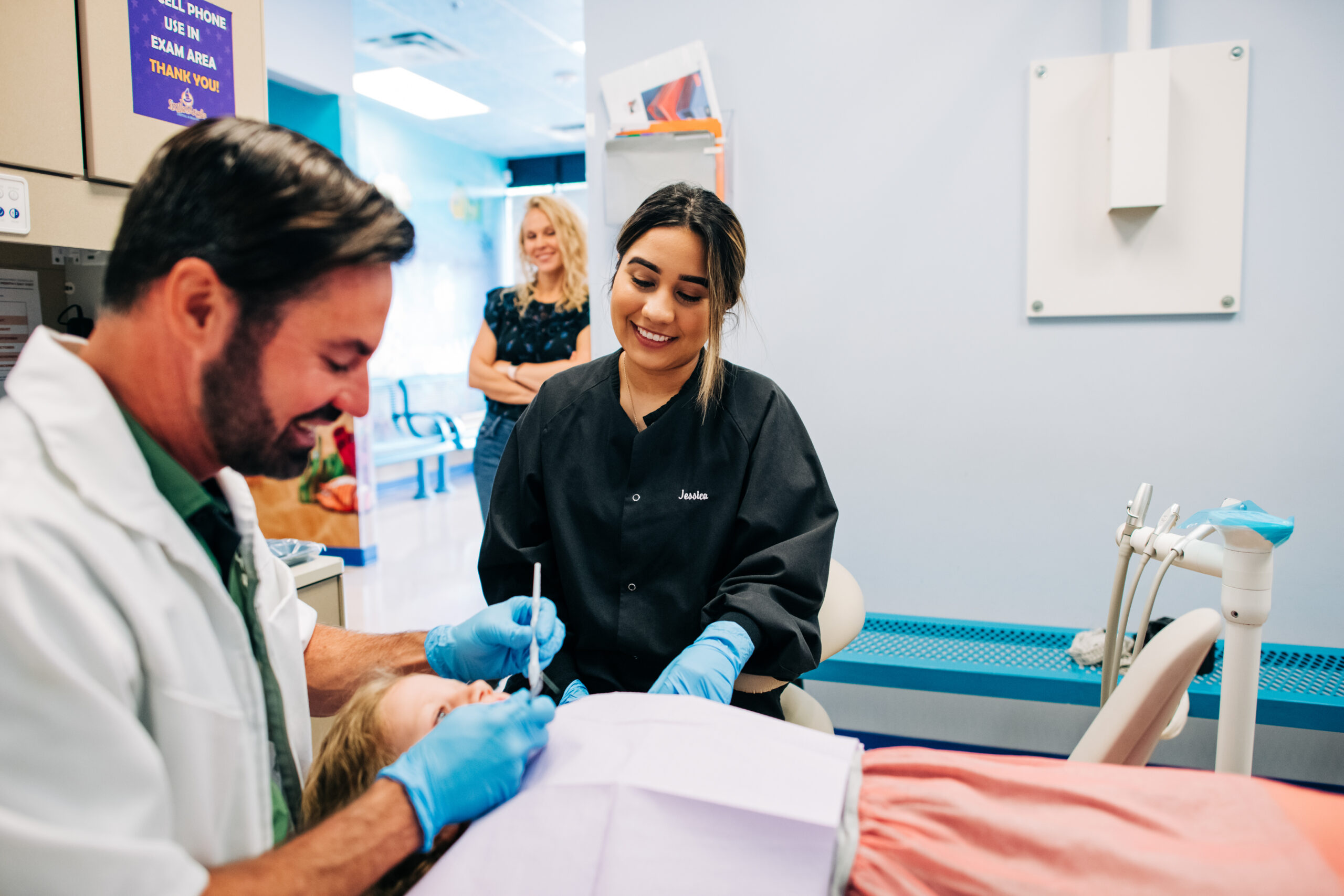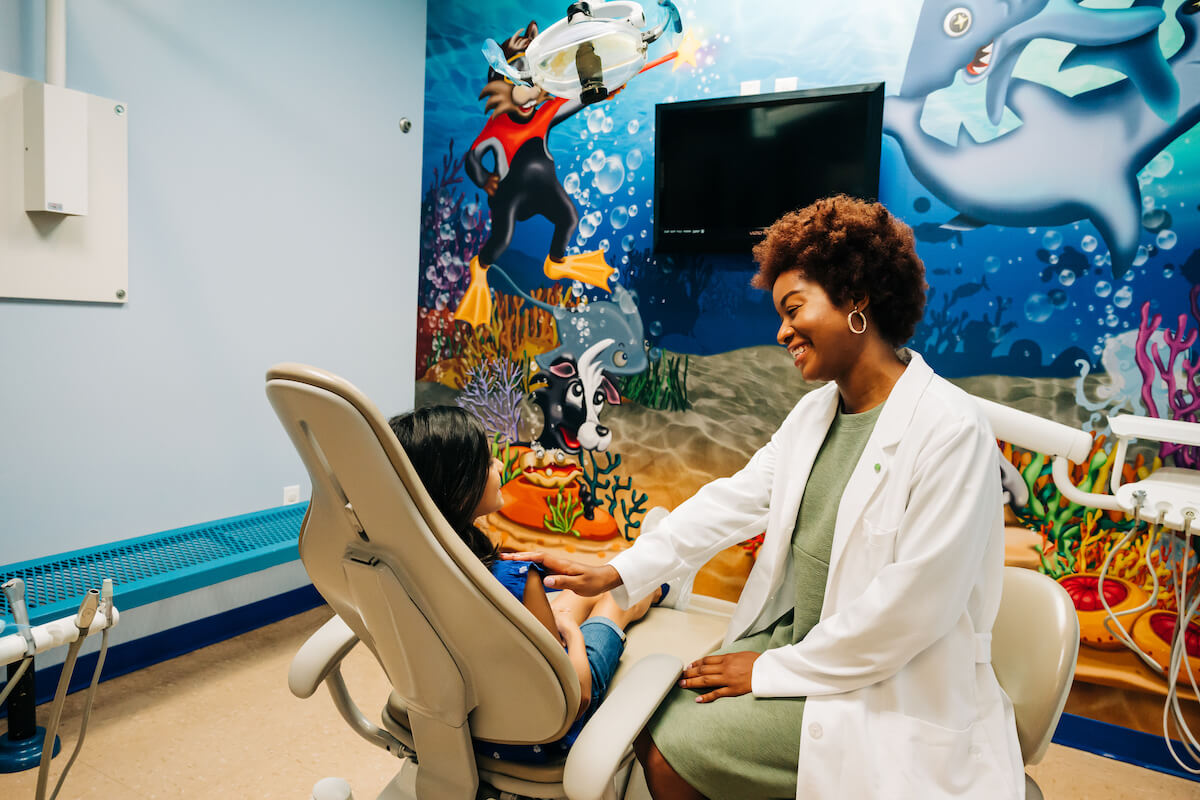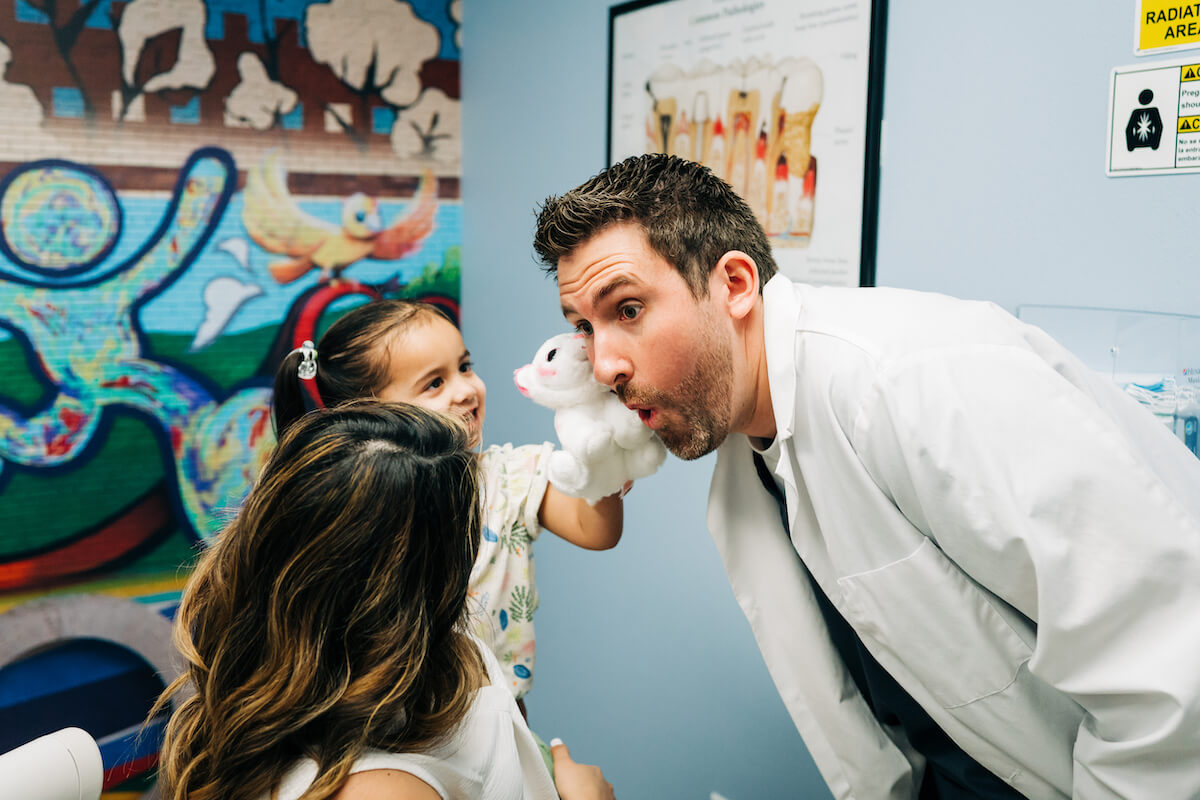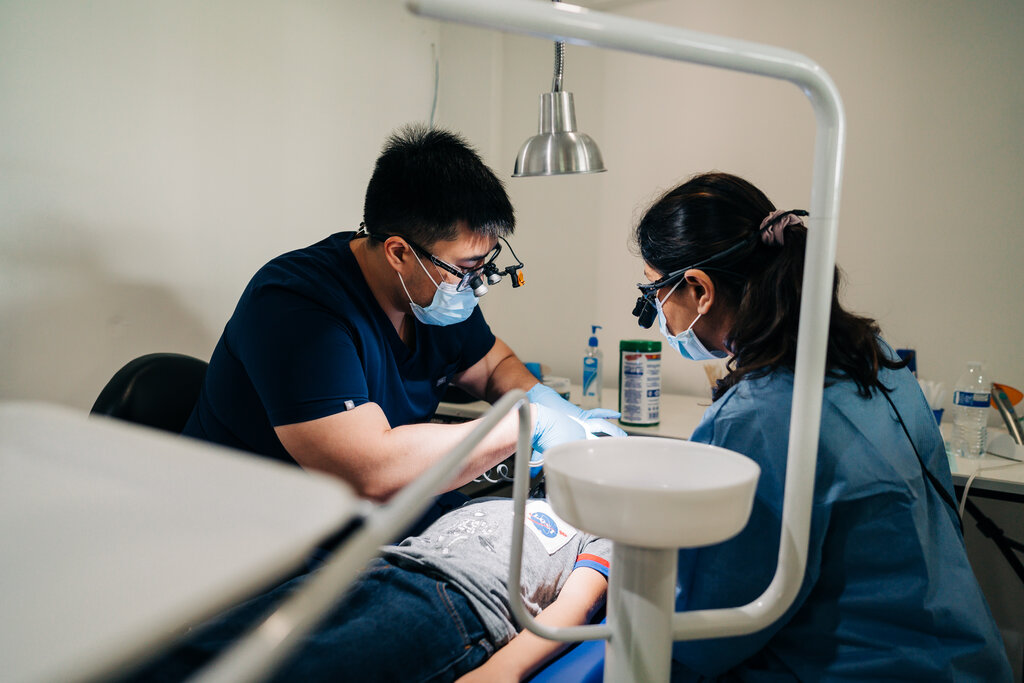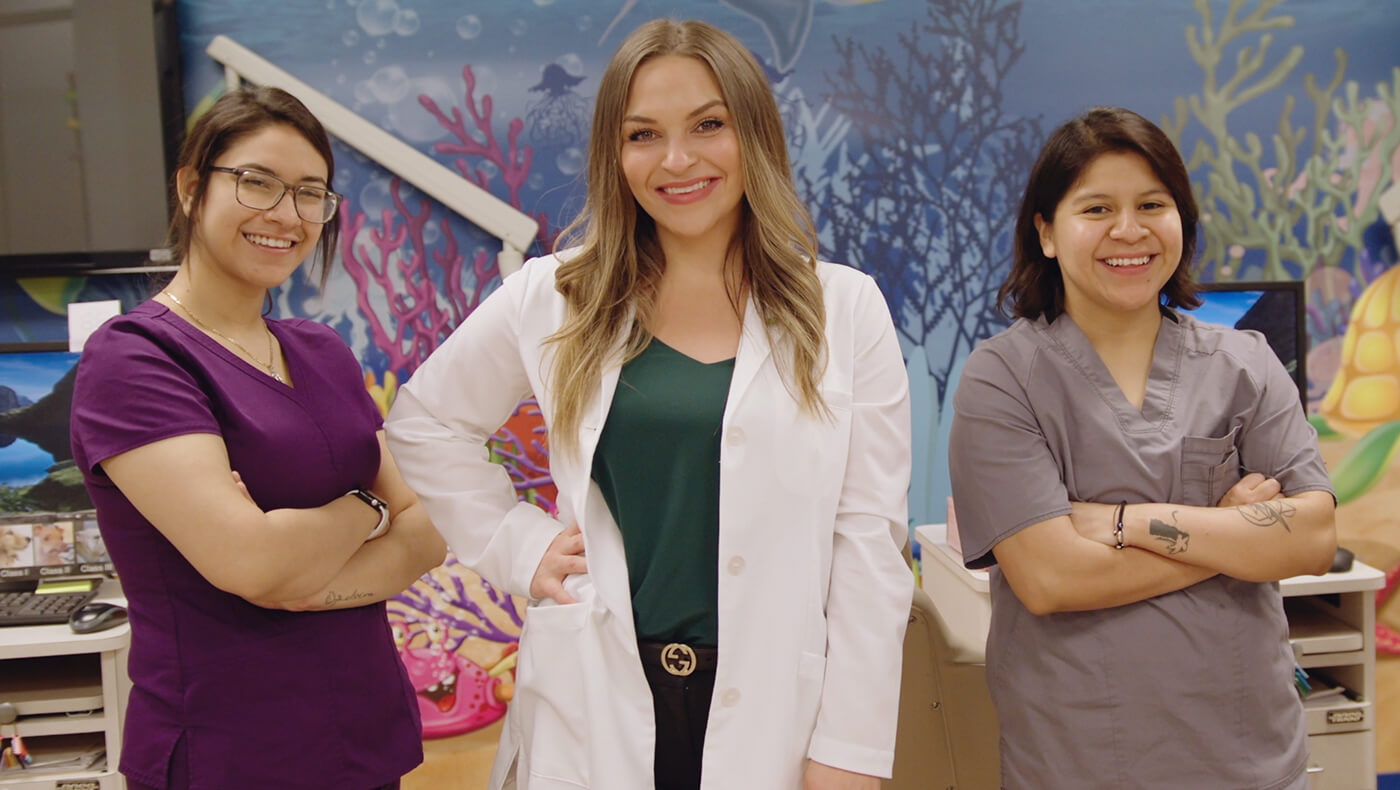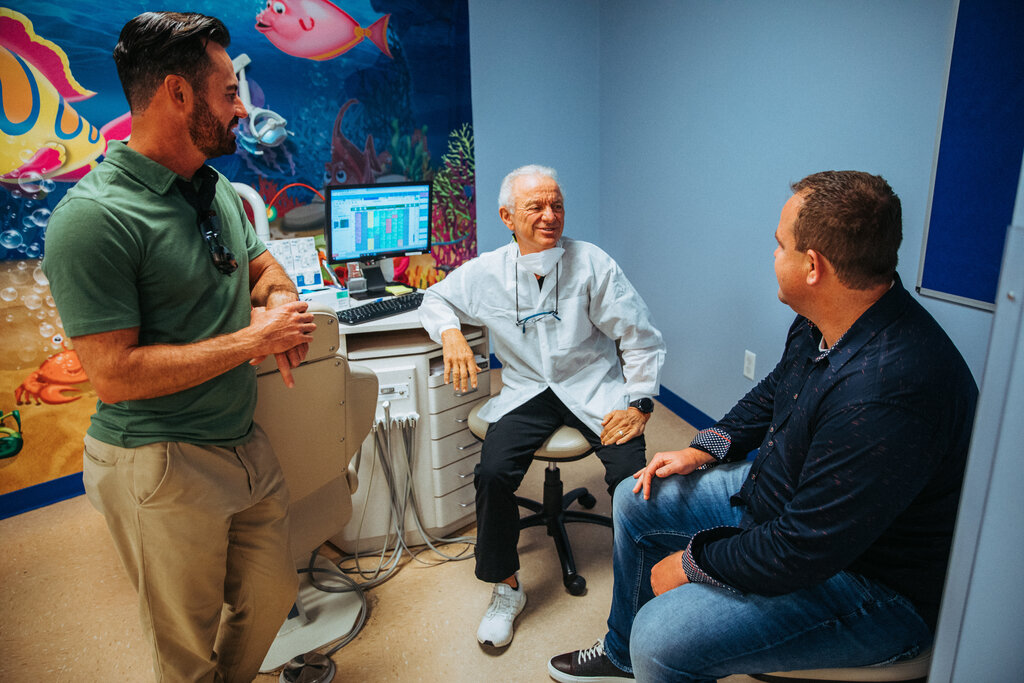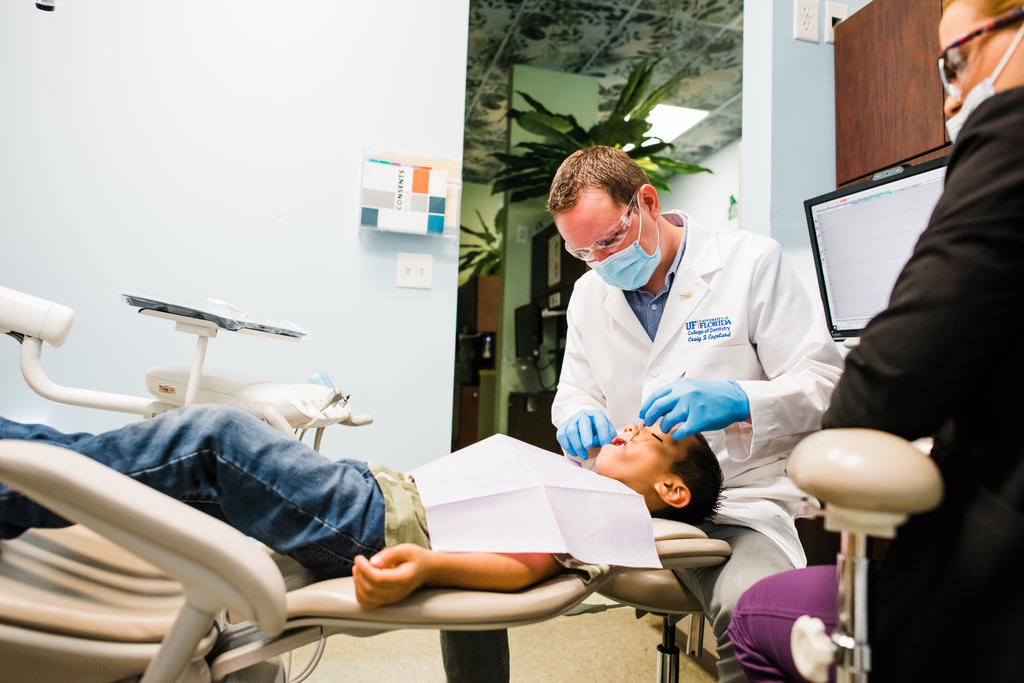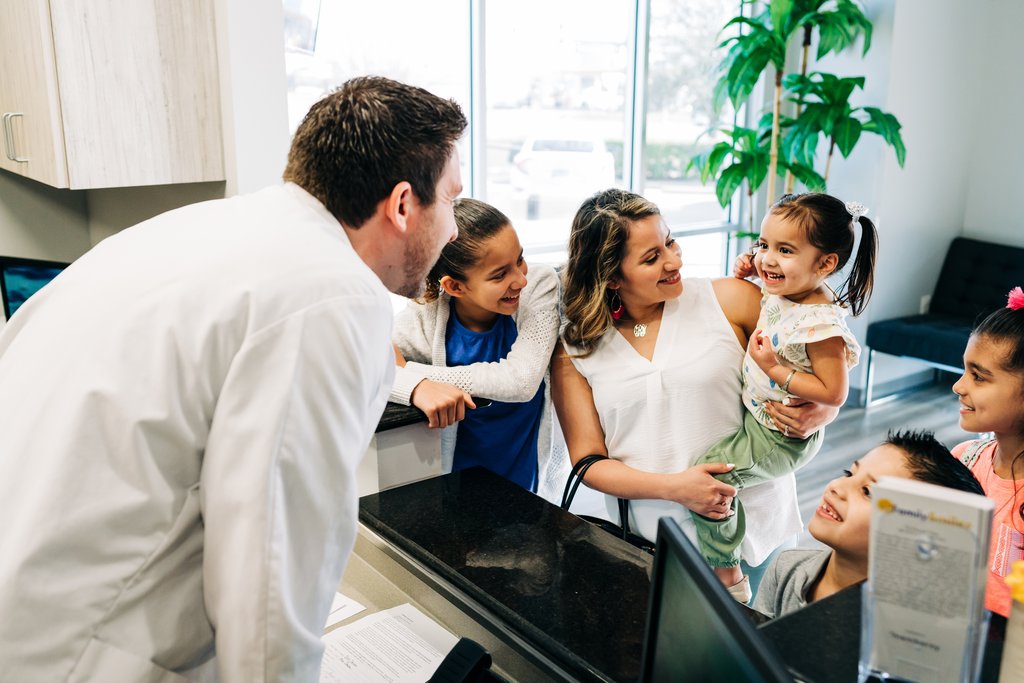
Dentists have a reputation as being a little “type A.” Organized, fastidious, and detail-oriented. You’d assume that a dental office organization would be a no-brainer. Surprisingly, inefficient organization systems are the bane of many dental practices. What organization systems should you focus on when building your practice or looking for a practice to join? How can you make sure your systems are as efficient as possible? Community Dental Partners are experts in efficient organizational systems and implementation, and we have the keys to helping your office run as smoothly as possible!
Challenges of Creating Efficient Organizational Systems
Upon entering any dental office, systems surround you. From ordering materials to maintaining equipment to making appointments and billing for services, your dental practice lives and breathes with organizational systems. When they run well, at maximum efficiency, they’re almost invisible. But when they break down, it’s impossible not to notice! How can you ensure maximum efficiency so that your workday flows as smoothly as possible?
What Are the Essential Organizational Systems in a Dental Practice?
Whether you’ve found a path to practice ownership or joined an established practice, you may need to build organizational systems to help your practice run. What are the essential areas for organizational systems, and how can you create better efficiency in each?
The benefits of a well-organized dental practice start when patients walk in the door. From the traffic flow in the reception area to how paperwork and appointments are handled, your patients will notice how your systems are running smoothly—or not—from their first contact with your office. Efficient organizational systems help keep your schedule full without allowing your day to descend into double-booked chaos. A well-organized reception process will also help build trust with your patients; a poorly organized office comes off as unprofessional. Patients may doubt the validity of your treatment recommendations and even your skill as a dentist if your front desk has trouble keeping files straight!
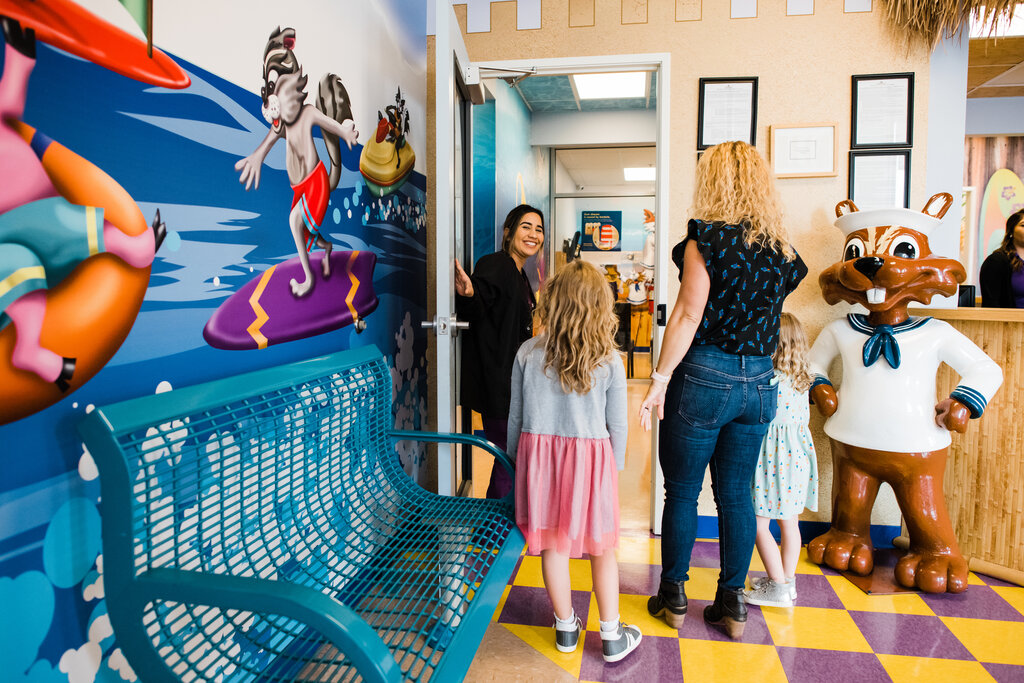
The importance of a well-organized office runs straight through the rest of the building as well. Sterilization is perhaps the most important clinical area to have solid systems in place. It requires everyone in the practice to work together with clear guidelines. Even a missed step can spell disaster for your office and risk your team’s and your patients’ health.
Each operatory needs its own way to stay organized. If each hygienist or assistant has a dedicated operatory, you may leave it up to them to design a system that works best for their workflow. However, it can also benefit everyone if materials are located in the same places from one operatory to the next. Either way, an organized operatory prevents cross-contamination, wasted materials, and damaged instruments.
Ensure organization in non-clinical spaces! Don’t forget to put systems in place to keep restrooms clean and well-stocked. The refrigerator may need to be regularly cleaned out in the break room. Have you considered how your staff’s dirty scrubs will be laundered and how laundry will be managed? Carefully look at your practice and consider where things could be better organized or run more smoothly. You may be surprised!
Building Systems
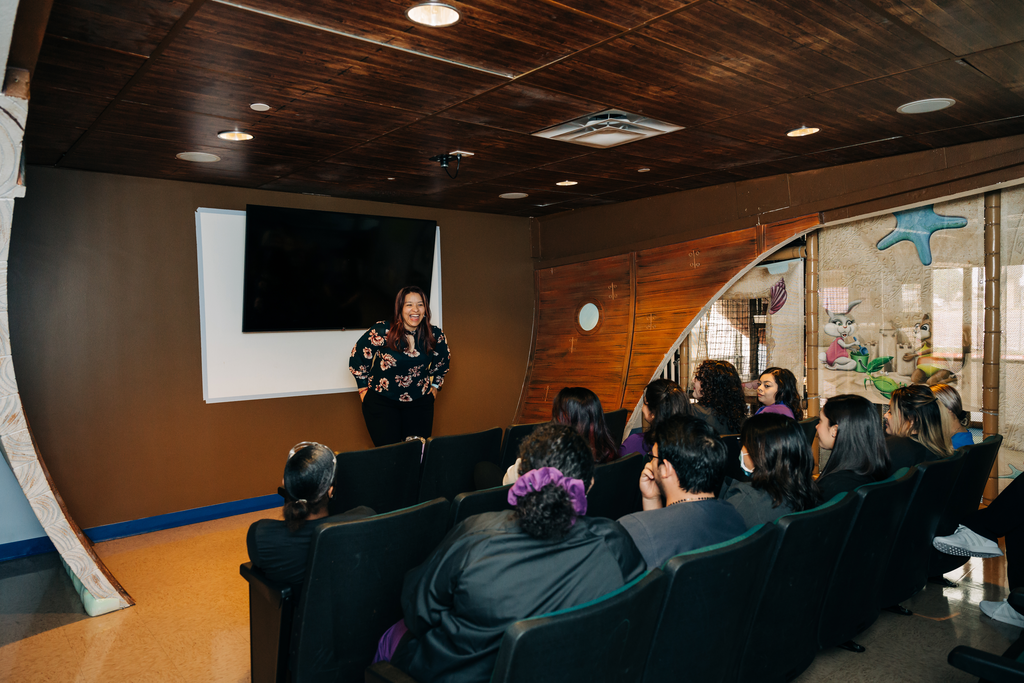
As a dentist or dental clinician, you may fancy yourself as a pretty organized person. But does your brand of organization work for everyone? When building systems for your team to implement, here are a few key points to keep in mind:
- Simple – Systems should be easy to understand and follow. Complex systems with extra steps or needless small details will fall by the wayside. After all, working with a system that doesn’t make sense is hard! And what may seem obvious to you may be extremely obtuse to another person. Eliminate extra steps wherever possible!
- Convenient – By the end of the workday, your staff has probably logged their 10,000 steps and then some. Every extra step and wasted movement cuts into their appointment time and energy. Conveniently placed receptacles for dirty laundry, used instruments, or personal protective equipment (PPE) may be all it takes to help keep your team organized. Be sure each system is as convenient as possible to prevent skipped steps!
- Sufficient – An efficient system should guarantee that there is enough of everything. That means enough materials where they’re needed, when they’re needed. It also means sufficient time to complete and stay on top of the system! Sufficient systems are self-sustaining systems that help prevent breakdown over time.
- Adaptable – Never set your systems in stone. A truly efficient system can grow and evolve as weaknesses become apparent. While you might like things done a certain way, try to stay flexible and consider input from your team. It might seem unnecessary to you, but it could make all the difference to them. Trying things out and revisiting in a week can’t hurt to see if the change helped.
When Organizational Systems Don’t Work for Your Team
We already mentioned it, but it bears repeating. You will notice when organizational systems aren’t working for your team. Steps get skipped, people get frustrated, and the flow of your day is disrupted. Without a simple, clearly defined protocol for maintaining your autoclave, regular testing could get skipped. You could go days running instruments in a sterilizer that doesn’t function properly, putting hundreds of your patients in danger. A single missed biohazard sticker could mean thousands in fines. Mishandling patient records could result in a HIPAA violation. You need your systems to work well daily to protect your practice, patients, and team! But how will you know if your systems are not working?
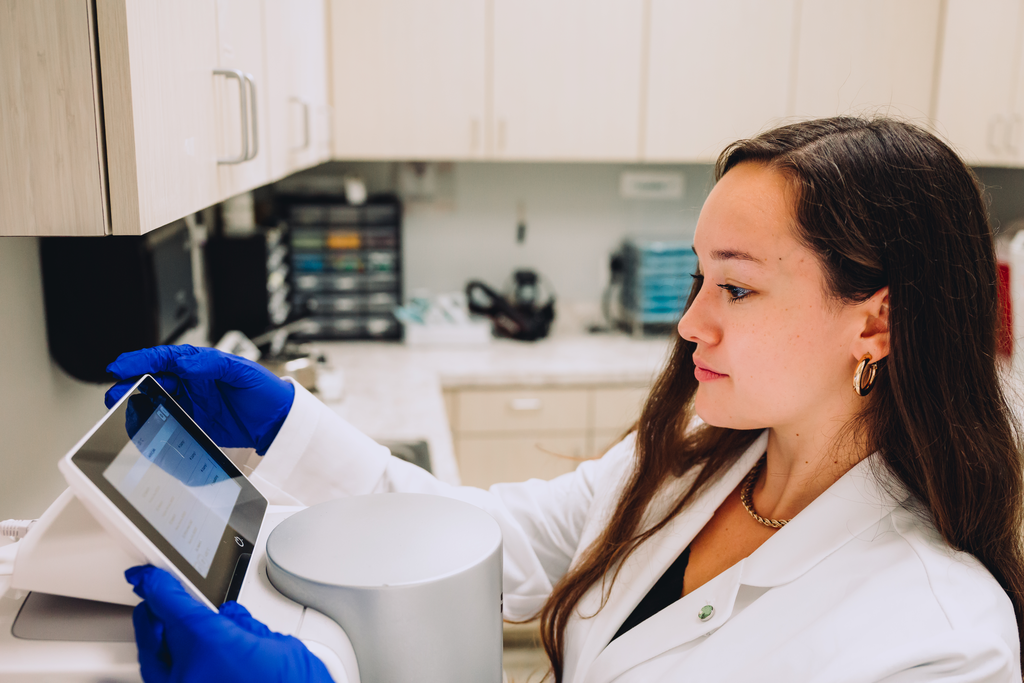
Identifying Weak Spots
Staff frustration may be your first sign of trouble. Pay attention to bad vibes in the office. Does your assistant complain that her coworkers keep forgetting to turn off the pano at the end of the day? Do your hygienists grumble about blunt instruments? Have patients griped about excessive wait times?
Every one of these complaints reflects an organizational breakdown. It may take a staff meeting or two, but take the time to address each of these concerns and implement a system to address it. Being proactive about areas of friction will pay dividends!
Also, take note of any areas that seem to have trouble staying stocked. From your supply closet to your nitrous tanks, be sure there are systems to keep everything adequately stocked. And notice expiration dates! It’s one thing to ensure there are lots of anesthetic carpules in your operatory, but quite another to make sure you’re using the oldest materials first to prevent them from aging out. (The popular restaurant philosophy of “first in, first out” is handy here!)
Is your equipment always running in top condition? If you’re constantly struggling with overloaded ultrasonic baths, leaking autoclaves, or improperly dried instruments in your drawers, you have a system problem. Where can you relieve traffic jams in the flow of instruments and materials in your office? A million tiny cogs must function smoothly together to achieve a truly efficient dental practice.
How CDP Helps Our Doctors Achieve Organization Efficiency
As administrative and organizational experts, Community Dental Partners pride ourselves on the efficiency and efficacy of our systems. We’ve had years to craft considered systems and address areas where they fell short. That means CDP doctors benefit from our years of experience. Instead of struggling through months or years of trial and error and learning painful lessons when inadequate systems ultimately fail, our dentists can focus on patients while we ensure the supply closet stays stocked!
We’ve got you covered, from our concierge services to equipment ordering and maintenance. Our primary purpose is to take as many non-clinical tasks off our dentists’ plates as possible. Schedule a call with a Hiring Manager to learn how we can make your day run as smoothly as possible in your great dental career at CDP!



